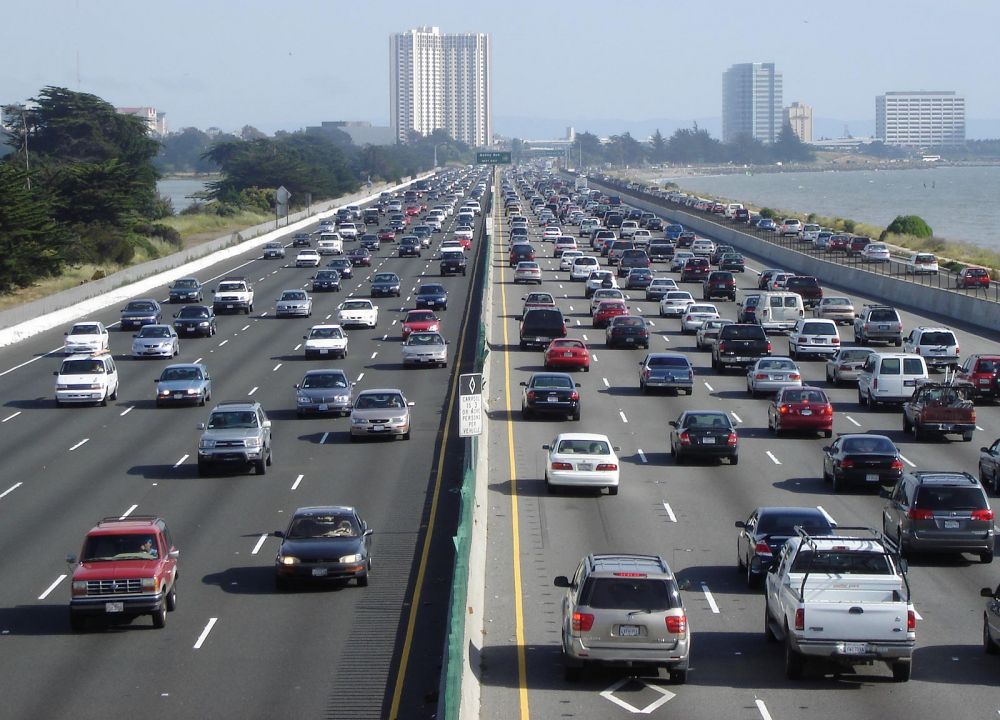UK to pay diesel car owners to scrap vehicles
Drivers of the most polluting diesel cars will receive compensation if they trade in their vehicles for newer, cleaner models as part of a diesel scrappage scheme to improve air quality

Drivers of the most polluting diesel cars will receive compensation if they trade in their vehicles for newer, cleaner models as part of a diesel scrappage scheme to improve air quality.
According to reports, the government will publish its new air quality strategy on Friday 5 May, which will include plans for a "targeted" diesel scrappage scheme.
Under the proposed scheme, compensation will be made available to drivers of older diesel vehicles in areas where air pollution is in breach of the legal limits set by the European Union (EU).
Prime Minister Theresa May recently stated she was "very conscious" that motorists were encouraged to buy diesel cars more than a decade ago as they emit lower levels of carbon dioxide.
However, it later emerged that diesel cars emit much higher levels of other pollutants, including nitrogen dioxide and particulate matter, which are harmful to human health.
Councils will be dissuaded from imposing pollution taxes on motorists, and while councils will have the power to impose pollution taxes, ministers have warned them that they must first examine all other alternatives.
Instead of pollution taxes, councils will be encouraged to improve traffic flow with measures such as removing speed bumps, which almost double the amount of harmful gases vehicles emit due to cars repeatedly decelerating and accelerating.
Other options include better sequencing of traffic lights to ensure drivers travelling within the speed limit are less likely to be held at a red light.
Ministers are also said to be considering a retrofitting scheme which will help drivers of vans and other polluting vehicles reduce emissions – according to reports.
In a bid to curb air pollution in the nation’s capital, the Mayor of London, Sadiq Khan, has announced that the capital’s introduction of an Ultra Low Emission Zone (ULEZ) will now come into force in April 2019, instead of in September 2020.
Earlier this year, Sadiq Khan announced the introduction of a ‘Toxicity Charge' (T-Charge) for the capital's most polluting vehicles, coming into effect on 23 October 2017.
The Mayor of London has also launched the first of twelve low-emission bus zones (LEBZ) in the city, allowing only the greenest buses to travel through the zone which runs through Putney High Street – one of the capital's highest polluted areas.
In addition, Transport for London (TfL) is dedicating £18 million towards the upgrading of the capital’s power grids, which will enable energy companies to install 300 electric vehicle (EV) fast-charging stations by 2020.
For the latest news on clean transport as well as renewable energy, sustainability and climate change sign up to our free newsletter here.





